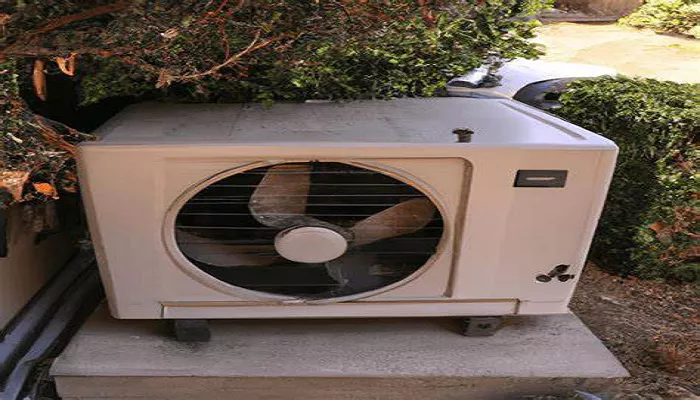Air conditioning systems are essential for maintaining comfort in homes and workplaces, especially during hot weather. The compressor is the heart of an AC unit, responsible for circulating refrigerant and maintaining proper pressure levels. When the compressor fails, the entire system can stop working, leading to discomfort and potential costly repairs.
How an AC Compressor Works
Compresses Refrigerant: The compressor takes low-pressure, gaseous refrigerant from the evaporator coil and compresses it into a high-pressure, high-temperature gas.
Circulates Refrigerant: The compressed refrigerant moves to the condenser coil, where it releases heat and turns into a liquid.
Maintains Pressure: The compressor ensures proper pressure levels for efficient cooling.
If the compressor fails, refrigerant cannot circulate, and the AC system will not cool.
Common Causes of Compressor Failure
Electrical Failures
Burnt Wiring or Connections: Poor electrical connections can cause overheating.
Failed Capacitor: The capacitor provides the initial jolt to start the compressor. A weak or dead capacitor strains the motor.
Short Cycling: Frequent on/off cycles due to thermostat issues or improper sizing can damage the compressor.
Refrigerant Problems
Low Refrigerant (Leaks): Insufficient refrigerant causes the compressor to overwork and overheat.
Refrigerant Overcharge: Too much refrigerant increases pressure, leading to mechanical stress.
Contamination (Moisture, Acid, Debris): Dirt or moisture in the refrigerant can damage internal components.
Mechanical Wear & Tear
Worn Pistons or Bearings: Over time, moving parts degrade, reducing efficiency.
Seized Compressor: Lack of lubrication or overheating can cause the motor to lock up.
Poor Maintenance
Dirty Coils: Restricted airflow forces the compressor to work harder.
Clogged Filters: Reduced airflow increases strain on the system.
Lack of Lubrication: Compressor parts need proper oil levels to function smoothly.
Signs of a Failing Compressor
AC Blows Warm Air: If refrigerant isn’t circulating, cooling stops.
Unusual Noises (Grinding, Rattling, Clicking): Indicates mechanical wear or electrical issues.
Hard Starting (Compressor Struggles to Turn On): Often due to capacitor or motor problems.
Tripped Circuit Breaker: Electrical faults may cause frequent breaker trips.
High Energy Bills: A failing compressor runs inefficiently, increasing power consumption.
Can a Compressor Be Repaired?
Repairable Issues
Bad Capacitor or Contactor: Replacing these electrical components can restore function.
Refrigerant Leaks: Fixing leaks and recharging refrigerant may solve the problem.
Wiring Problems: Damaged wires or connections can be repaired.
Clutch Issues (In Automotive AC Systems): The clutch can sometimes be replaced separately.
Non-Repairable Issues
Seized Compressor: If the motor is locked due to mechanical failure, replacement is usually needed.
Burnt Windings: Electrical damage inside the compressor is often irreversible.
Internal Valve Damage: Repairing internal parts is rarely cost-effective.
When to Repair vs. Replace
Consider Repair If:
- The compressor is under warranty.
- The failure is minor (e.g., capacitor, contactor, or wiring issue).
- The unit is relatively new (less than 5-7 years old).
Consider Replacement If:
- The compressor is severely damaged (seized, burnt windings).
- The AC system is old (10+ years).
- Repair costs exceed 50% of a new unit’s price.
- The system uses R-22 refrigerant (phased out, expensive to recharge).
Cost Considerations:
- Minor Repairs (Capacitor, Contactor): 150−400
- Refrigerant Leak Repair + Recharge: 500−1,500
- Compressor Replacement: 1,200−2,800 (labor and parts)
- Full AC Unit Replacement: 3,000−7,000
Conclusion
While some AC compressor issues can be repaired, severe mechanical or electrical damage often requires replacement. A professional HVAC technician can assess the problem and recommend the best solution based on cost, system age, and efficiency.
Regular maintenance is the best way to prevent compressor failure and extend the lifespan of your air conditioning system. If you suspect compressor issues, contact a licensed technician for a thorough diagnosis and expert repair advice.

